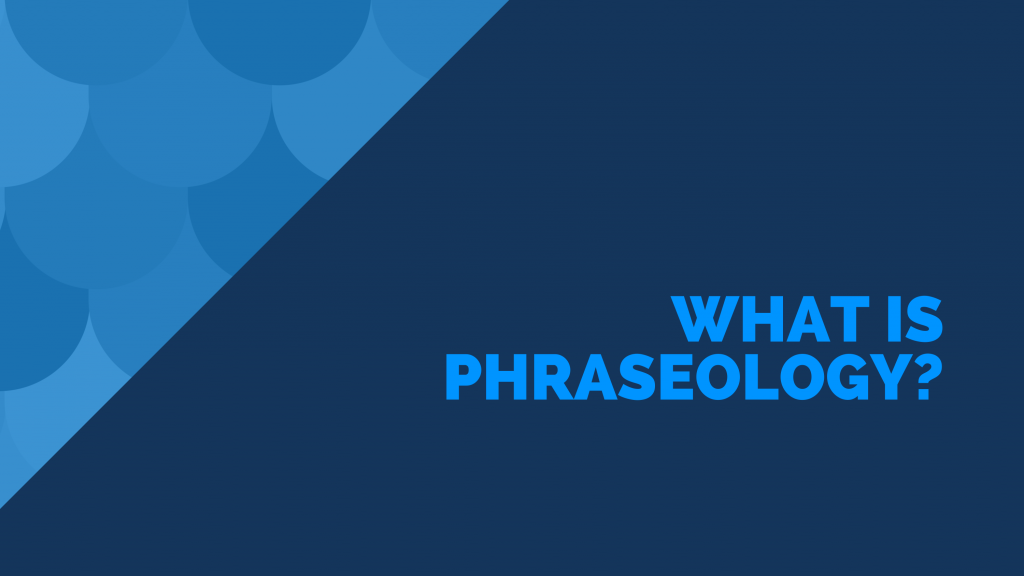
The long- standing belief that the meaning of a word can stand on its own and is separable from the context has been challenged. The meaning takes its form when other words combine or by the accumulation of words, i.e., word-word collocation.
Collocations refer to a pair or group of words that are frequently merged. The best choice of words for combination will give strength to the word-word collocation. While they sound right to native English speakers, they may sound unnatural to others.
Check out the examples below:
‘heavy rains’ and not ‘strong rains’ – The city experienced heavy rains today.
‘tall building’ and not ‘high building’ – My apartment is a very tall building.
Despite being considered unacceptable by natives, we have been using ‘heavy rain’ and ‘tall building’ as they sound right to our ears. Collocations as the examples above combine to form a phrase. Some collocations are fixed or strong expressions.
A phrase is a group of words that can be put together to make a sentence. A phrase is two or more words that are related to each other.
Did you know that phrases play a very important role in making various types of conversations meaningful? A great way to start speaking English is to learn phrases, without thinking about the grammar aspect. Some phrases and expressions help us to deal with common situations like a native English speaker. Situational phrases are very useful in communication and make it very expressive. A few examples of situation-based phrases are given below.
Example 1: Consider a situation where you have to thank someone for helping you.
You can say as a simple sentence, ‘Thanks so much for driving me home.’
Here, ‘Thanks so much’ is the phrase.
Make it more effective by using the phrase ‘I really appreciate’.
‘Thanks so much for driving me home. I really appreciate your help.’
Example 2: Or if you had to suggest an idea or plan and want to discover what others think. A simple phrase used for this situation would be ‘How does that sound?’
‘We could have dinner at 6, and then go for a movie. How does that sound?’
Example 3: Or what if you had to interrupt someone in a nice and polite way? You could say: ‘Sorry to interrupt’.
I am sorry to interrupt but I have to be somewhere in an hour.
Sorry to interrupt but may I ask a question?
Phrases help us to communicate in a natural and effective way. They improve our style of speech and facilitate clear understanding.
So, let’s embark on an interesting journey of learning the various types of phrases!
Classification of phraseology:
Compound noun phrase:
A compound noun phrase is made up of two words, but each word or compound has a single meaning. Compound nouns are usually two nouns put together. The meaning of the whole compound noun is often different from the individual meaning of the two words.
For example: teapot, pancake, ice cream, fish tank, etc.
Compound nouns can be written:
-as one word
Example: teapot, snowflake
-as two words
Example: post office, fire engine
-with a hyphen
Example: lamp-post, air-conditioner
Phrasal Verbs:
Phrasal verbs are phrases that indicate actions. Often used in spoken English, using phrasal verbs correctly will help you to sound natural in casual conversation. Phrasal verbs often have more than one meaning.
For example: The phrasal verb ‘pass out’, which means to ‘fall asleep’ or become ‘unconscious’ has a very different meaning from the verb ‘pass’. Given below is another example of the various phrasal verbs using ‘Get’.
We can see that phrasal verbs always occur together and the order of the word never changes.
Phrasal Idioms and Proverbs:
Idioms are word combinations that have a different meaning than the real meaning of each word or phrase. Idioms are phrases and not complete sentences.
Example: ‘Cross your fingers’ is an idiom for ‘good luck’
‘Let the cat out of the bag’ stands for ‘to tell a secret’
Proverbs are group of words that usually give advice. Proverbs are sentences. Many are very old and have an interesting history.
For example:
“A stitch in time saves nine”
The meaning of the proverb is:
We have to fix a problem when it is small than to wait and let it become a bigger problem.
“God helps those who help themselves”
We shouldn’t just wait for good things to happen. We should work hard to achieve our goals.
Phrasal Similes:
A simile is a figure of speech that directly compares two different things. The simile is a group of words that begins with the words ‘as’ or ‘like’.
For example: Similes like ‘as gentle as a lamb’ which means ‘vey gentle’ can be used in sentences like ‘She looked as gentle as a lamb.’
Again, ‘as wise as an owl’ which means ‘very wise or intelligent’ can be used in sentences like ’my sister is as wise as an owl.’
Using similes in your conversations will make you sound more clear and descriptive.
Jargons and Clichés:
Jargons are expressions that are used by people in a particular field or profession like doctors, lawyers, businessmen, politicians, military etc.
Examples of business jargons: “team work”, “core competency”, “due diligence” etc.
Examples of jargons used by lawyers: “court”, “affidavit”, “legal”, “case”, “final judgement” etc.
Clichés are phrases that have been used so often that it is no longer original or effective.
For example: ‘as red as a rose’, ‘beat around the bush’, ‘fit as a fiddle’.
Fixed or formulaic expressions:
Fixed or formulaic expressions are words and phrases used in everyday situations to communicate for different purposes.
Example: Fixed expressions to show good manners and polite behaviour.
‘Good morning’
‘How are you?’
‘I am fine, thank you’
These expressions of greeting, permission, gratitude etc., are very helpful in our day-to-day life.
Thus, the spectrum or variety of phraseology is many and can be used in a lot of interesting ways to improve our language for a natural and easy communication.
Ace your language skills like a native English speaker today!
